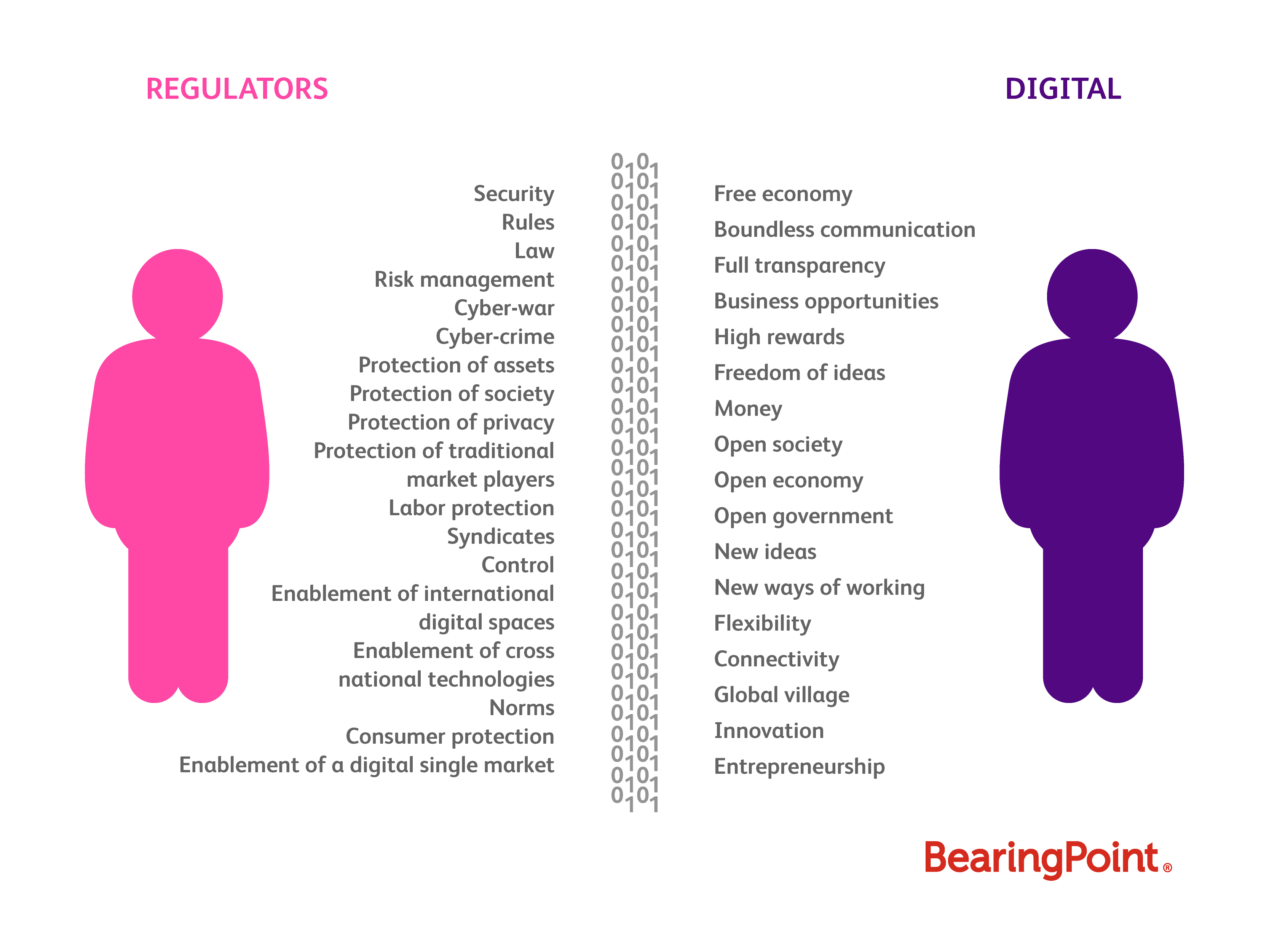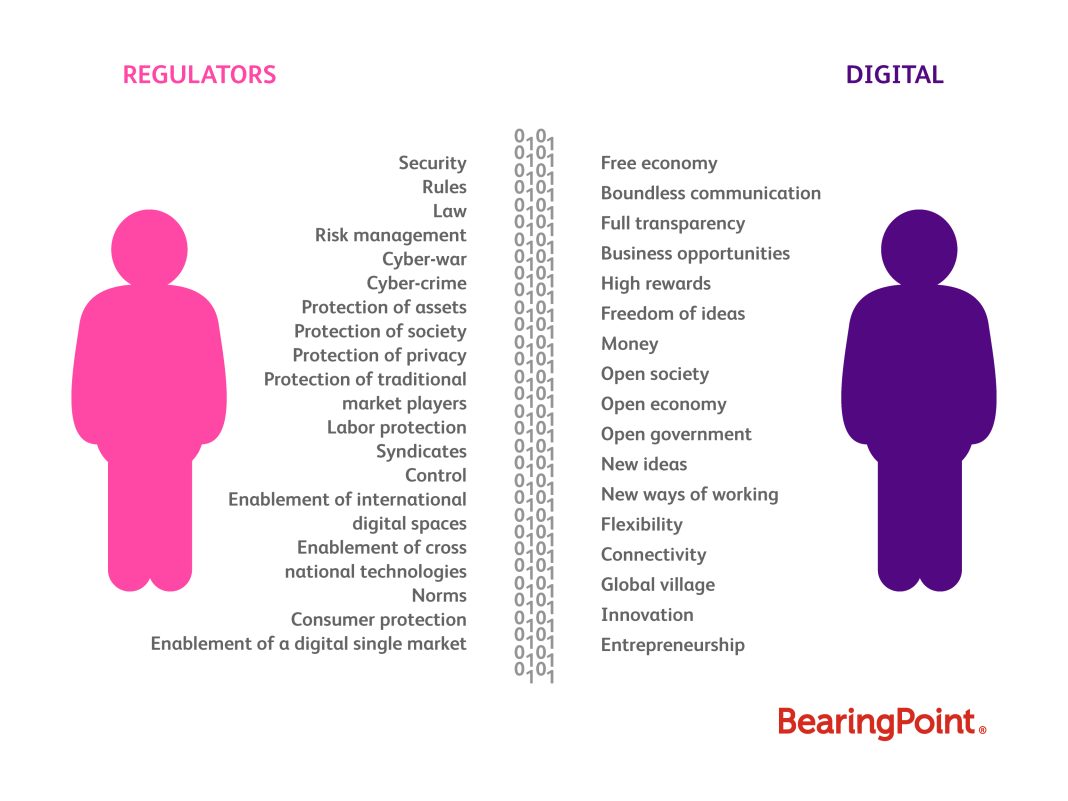 The Impact of Bidenomics: A Regulated Economy and Its Consequences
The Impact of Bidenomics: A Regulated Economy and Its Consequences
Introduction:
The government data shows that the economy has grown by 3 percent over the past year and continues to grow this spring. However, this growth does not necessarily translate to increased living standards for most workers. President Joe Biden’s promise to transform the economy through new government programs, regulations, and legislation seems to be accelerating the shift from a market-driven economy to a regulated one. The question arises: Is Bidenomics really working?
The Soviet Union’s Regulated Economy:
To understand the potential consequences of a regulated economy, we can look at the former Soviet Union as an example. Despite official government statistics showing growth and reasonable economic performance, Soviet workers knew the reality was different. They humorously said, “They pretend to pay us, and we pretend to work.” When the regulated economy gave way to a market economy, the true value of Russia’s economy was revealed to be only half of what was estimated under regulation.
The Rise of Regulation in the United States:
Over time, a similar charade has been unfolding in the United States as the government exerts more control over resource allocation. The Obamacare legislation dramatically transformed healthcare, leading to severed doctor-patient relationships, increased government control, and a doubling of healthcare costs. Bidenomics has further intensified this shift towards a government-controlled economy.
Deceptive Economic Statistics:
In a regulated economy, economic statistics can be misleading. Governments dictate what energy utilities produce and how they produce it. Businesses are incentivized to produce politically favored products, and consumers are encouraged to purchase them through legislation and regulations. While economic numbers may show growth, the real market value of what is produced remains hidden. The impact on workers’ living standards, however, cannot be concealed. Conventional measures reveal that real weekly earnings have either remained flat or declined over the past three years.
The Disconnect Between Official Data and Individual Finances:
In an economy where government decisions replace market decisions, there is a disconnect between official data showing growth and an individual’s actual financial situation. Analyzing three basic necessities – housing, energy, and food – reveals the flaws in the engine driving the economy.
Declining Home Affordability:
The sharp increases in federal spending, debt, and money creation have caused mortgage interest rates to rise from 2.9 percent to 7.0 percent since President Biden took office. As a result, many aspiring homeowners have been priced out of the market. Even those with low fixed-rate mortgages face challenges when it comes to relocating or selling their homes due to rising costs for repairs, insurance, and property taxes.
The Burden of Energy Costs:
Bidenomics aims to redirect resources towards changing the climate, leading to soaring energy prices. Oil and gasoline prices have surged by 50 percent, and overall energy prices have risen by 40 percent. This increase in a basic necessity like energy has a significant impact on homeowners heating their homes and those who rely on transportation for work. The cost of energy and transportation further depresses budgets and decreases living standards.
The Soaring Cost of Food:
Food represents a critical component of the budget for individuals with lower incomes or fixed budgets. Under Bidenomics, consumer food prices have increased by two percentage points higher than overall inflation. Staples like meat have seen a 4 percent increase above inflation, while the price of eggs has doubled. These price hikes create an additional burden for those on limited incomes.
The Need for a Return to the Free-Market System:
While current statistics may falsely portray a healthy and growing economy, Americans sense that something is amiss. Surveys show that only 23 percent of Americans are currently satisfied with the United States. To restore true growth and rising living standards, it is crucial to limit government control over the economy. Returning to the free-market system that has historically driven prosperity is necessary for a healthy economy.
Conclusion:
Bidenomics, with its focus on a regulated economy, has far-reaching consequences for individual living standards. The disconnect between official data and the financial realities faced by individuals highlights the flaws in a government-controlled economy. The decline in home affordability, rising energy costs, and soaring food prices all contribute to a decrease in living standards. To restore true growth and prosperity, it is imperative to reduce government control and return to the free-market system that has proven its ability to drive economic success.

